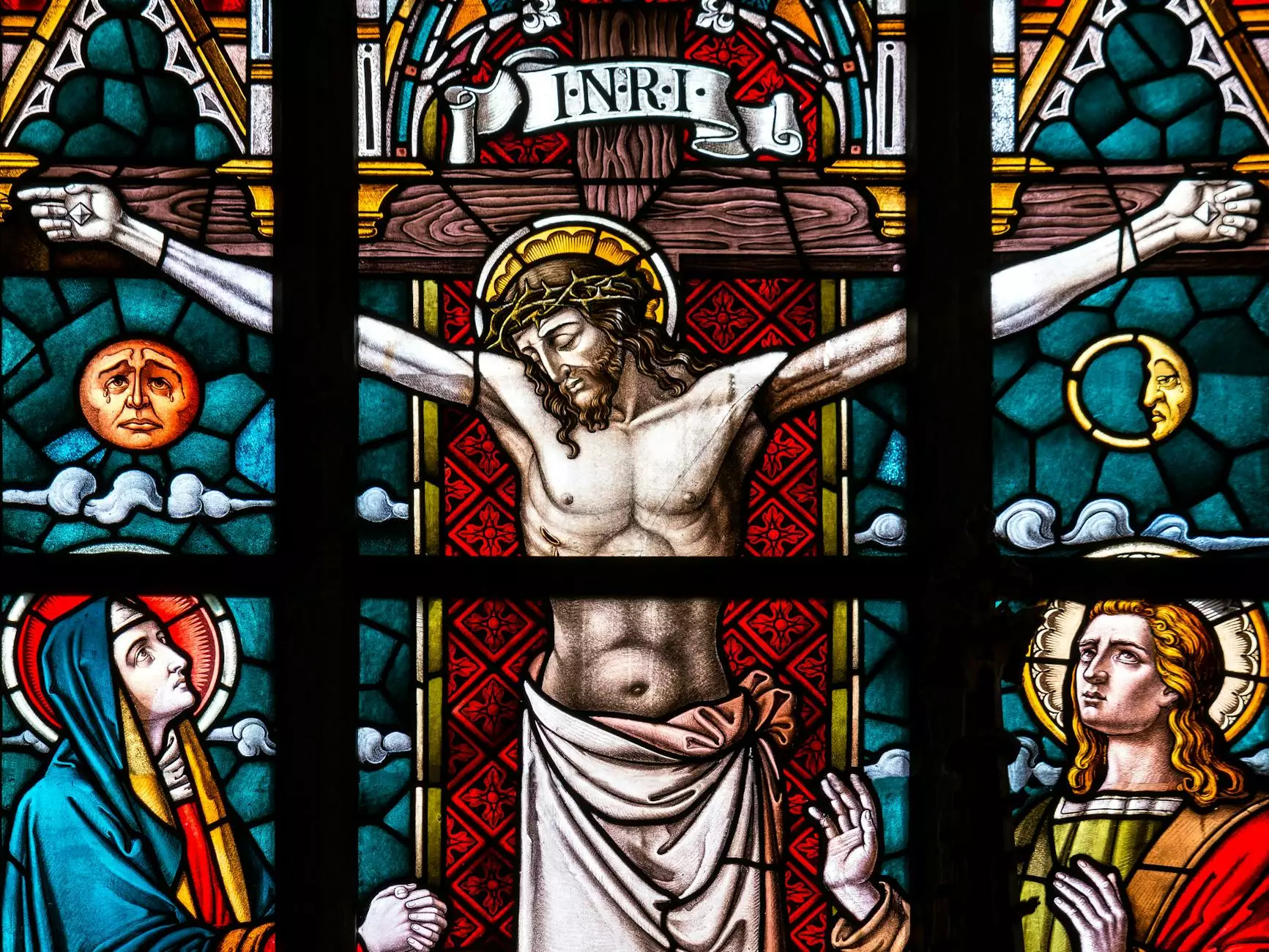Has L. Ron Hubbard's death affected the Church?
About
The passing of L. Ron Hubbard, the founder of Scientology, had a profound impact on the Church and its followers. This pivotal moment marked a significant shift in the movement and brought forth both challenges and opportunities for the Church of Scientology. In this article, we will delve into the effects of L. Ron Hubbard's death on the Church and explore the subsequent developments that have taken place.
Understanding L. Ron Hubbard's Legacy
L. Ron Hubbard, born on March 13, 1911, was a prolific writer, philosopher, and the founder of Scientology. His death on January 24, 1986, left a void within the Church, as he had been its guiding force since its inception in the early 1950s. Hubbard's teachings and writings formed the foundation of the Church's beliefs and practices, making his passing a significant turning point in the history of Scientology.
The Transition Period
Following L. Ron Hubbard's death, the Church of Scientology experienced a transitional phase, as the leadership mantle passed on to a new generation of leaders. The transition was marked by both internal reorganization and external controversies, which shaped the Church's future trajectory.
New Leadership and Changes
Under the guidance of David Miscavige, who assumed the role of Chairman of the Board of the Religious Technology Center, the Church underwent a series of changes. Miscavige introduced reforms, streamlined operations, and focused on expanding the Church's influence globally. His leadership style brought a renewed energy to the organization and propelled it into the 21st century.
Evolution of Church Practices
L. Ron Hubbard's death prompted a reevaluation of certain practices within the Church of Scientology. While the core beliefs remain unchanged, the Church has evolved and adapted to contemporary social and technological developments. Emphasizing the importance of technological advancements, the Church has embraced modern means of communication to spread its message and connect with a wider audience.
Controversies and Challenges
The passing of L. Ron Hubbard also brought along various controversies and challenges for the Church. Some critics argue that his death marked a decline in the Church's influence, while others questioned the legitimacy of his leadership during his final years. These controversies have shaped public perception of the Church and added complexity to its ongoing narrative.
Criticism and Public Scrutiny
As with any religious movement, the Church of Scientology has faced significant criticism and public scrutiny. The passing of its founder heightened public interest in the organization, leading to increased media coverage and investigations. These controversies have brought attention to the Church's practices, beliefs, and influence, further influencing public opinion.
Legacy and Adapting to Change
Despite the controversies surrounding L. Ron Hubbard and the Church, his legacy continues to inspire and shape the lives of Scientologists worldwide. The Church has sought to address concerns, improve transparency, and clarify its doctrines in response to criticism. These efforts demonstrate a commitment to evolving and adapting to the challenges that arise.
The Future of the Church
In the aftermath of L. Ron Hubbard's death, the Church of Scientology has continued to grow and expand its reach. Through its various initiatives, community programs, and global presence, the Church strives to fulfill its mission of improving individual lives through Scientology practices.
Ongoing Developments and Expansion
The Church has undertaken numerous initiatives to broaden its impact and promote its teachings. From launching educational programs to collaborating with various philanthropic organizations, the Church seeks to assert its relevance and further its influence across different spheres.
The Evolution of Beliefs
While the core beliefs of Scientology remain intact, the Church acknowledges the need to adapt to changing times. Hubbard's death and subsequent developments have opened opportunities for the Church to review, update, and refine its teachings to resonate with a modern audience.
Conclusion
The death of L. Ron Hubbard marked a significant milestone for the Church of Scientology. It brought about a time of transition, challenges, and opportunities for growth. The Church, under new leadership, has embraced these changes, adapting to the evolving landscape while remaining committed to its core beliefs. Despite controversies and criticism, the Church of Scientology continues to thrive, striving to positively impact the lives of its members and the communities they serve.




